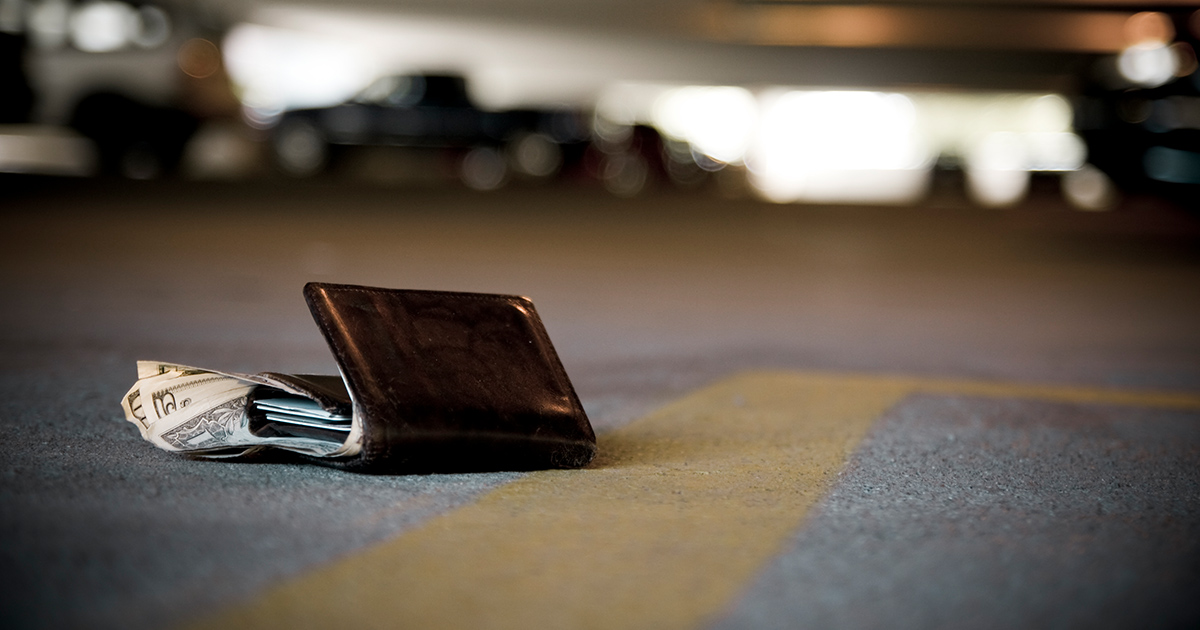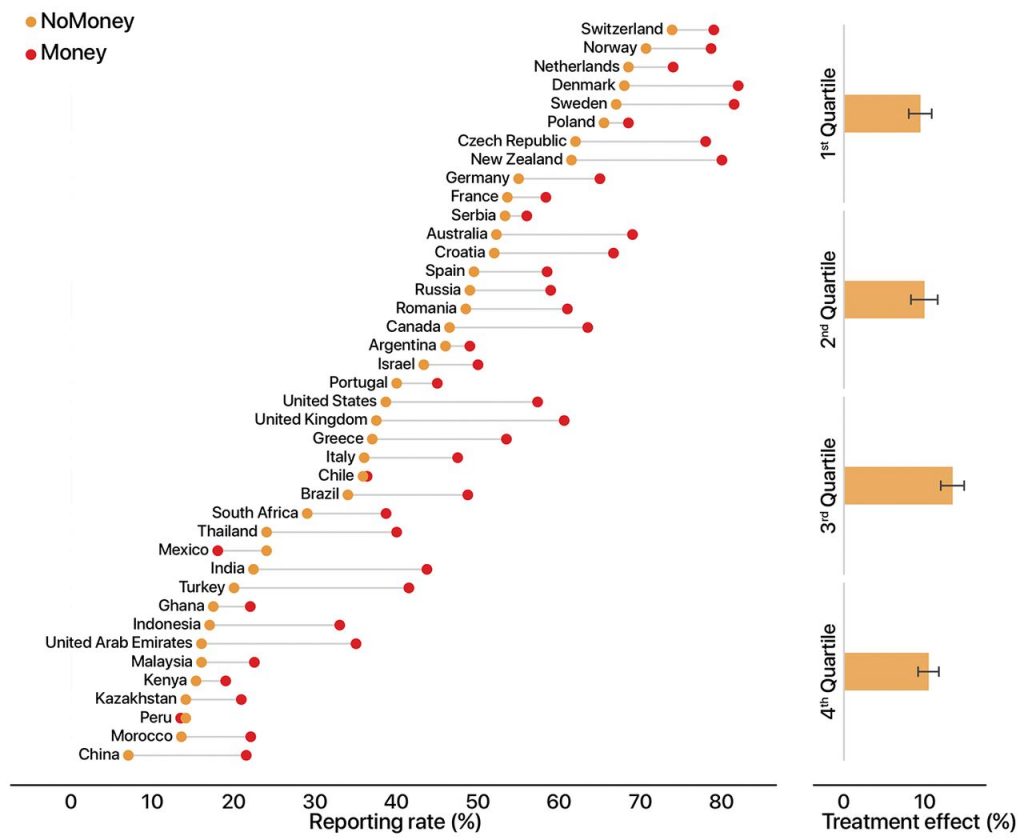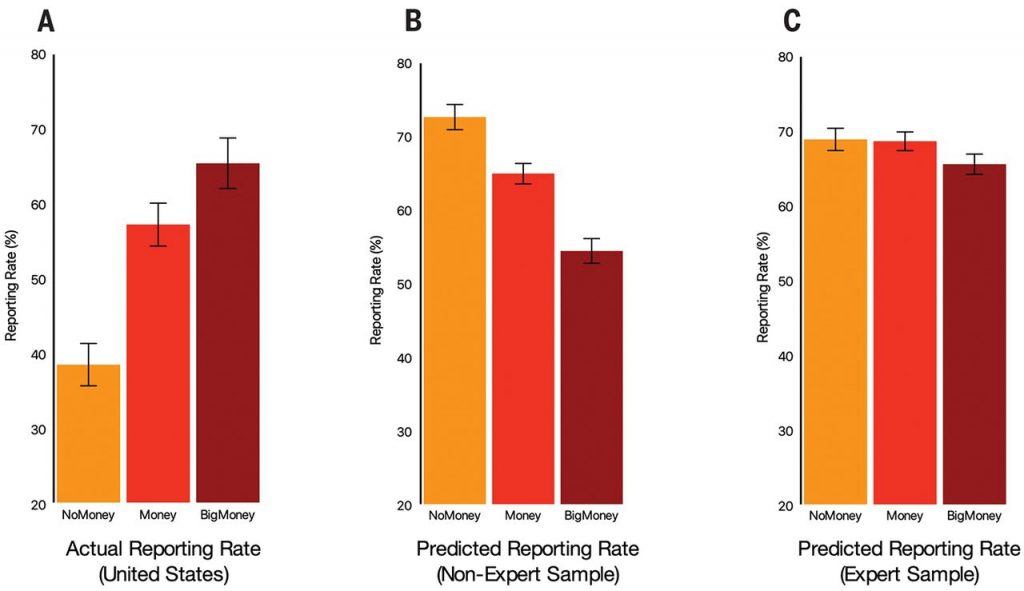By Arkady Petrov
RIO DE JANEIRO, BRAZIL – Civic honesty is essential to social capital and economic development but is often in conflict with material self-interest.
A study conducted in 40 countries computed a ratio based on the return of deliberately “lost” wallets; the more cash was contained in them, the more often they were returned.

At a time when the world seems to be permeated by corruption, is it feasible to measure the countries’ level of honesty?
Driven by the urge to challenge common sense, three researchers from the United States and Switzerland invested in an innovative approach to detail ratios in 40 countries, including Brazil. Switzerland was considered the most honest country.
Over a three year period, more than 17,000 wallets were left at strategic points in 355 cities in 40 countries — some with money and some without — as if they had been lost.
The authors of the study, published in “Science” magazine, concluded that in virtually all countries’ citizens were more likely to return wallets that contained more money.
Both non-experts and professional economists were unable to predict this result. Additional data suggest these findings can be explained by a combination of altruistic concerns and an aversion to viewing oneself as a thief, which increase with the material benefits of dishonesty.
The amounts placed in the wallet were based on US$13.45 (R$53.80) and adjusted according to the inflation contexts of each country.
In total, 17,303 wallets were left in public places, such as banks, theaters, museums, post offices, hotels, police stations, and courts.
In Brazil, the amount placed in the wallets was R$21.75. Rio was one of the cities used as a basis for the study, along with Brasília, Curitiba, Salvador, Belo Horizonte, Fortaleza, Manaus, and São Paulo. The shopping list left along with the amount included bread, milk, pasta, and fruit. The wallets were left in different locations between July 21st and August 13th, 2015.
In the global average, 40 percent of wallets with no cash were returned. This figure jumped to 51 percent when they contained funds.
Brazil in 26th place in the global assessment
In the study’s global honesty ranking, Brazil ranks 26th, behind Latin American countries such as Argentina (18th) and Chile (25th). Portugal is in 20th place, ahead of the United States (21st) and the United Kingdom (22nd). China ranks last.
Switzerland leads the world ranking, followed by Norway, the Netherlands, Denmark, and Sweden. Of the ten best-placed countries, only one is not European: New Zealand.
To assess whether the phenomenon occurred because the amount was not significant, the researchers conducted tests in the United States, the United Kingdom, and Poland under the same conditions and with wallets containing US$ 94.15, seven times higher than the established norm.
Between the three countries, the average return rate was 72 percent for wallets with the highest amounts, compared to 61 percent for wallets with US$13 and 46 percent for empty wallets.
On a second analysis, taking into account several other criteria, from the country’s family history to its language, including the Gross Domestic Product (GDP), Brazil rises to 23rd place. In this section, it is ahead of the USA (25th) and the United Kingdom (26th).
The work, which underwent three years, was led by Alain Cohn of the University of Michigan (USA) and is also signed by Michel André Marchal of the University of Zurich (Switzerland) and Christian Lukas Zünd of the University of Utah (USA). The research cost US$600,000, equivalent to R$2.3 million.
Academics perceive honesty as a “core” asset to the social and economic life of the surveyed countries, and its absence would lead to “broken promises, disrespect for contracts, tax evasion, and corrupt governments”.



